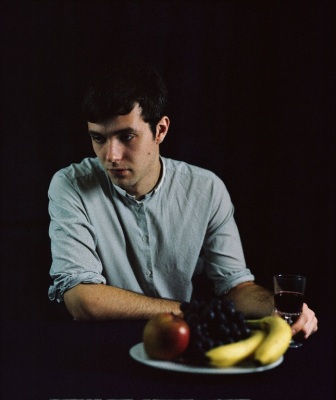
Interview: Yan Wagner (Paris)
The photo above is a bit calculated, reminiscent of still life art. Yet Forty Eight Hours is far from inanimate. Following “Recession Song” featured on Kitsuné Parisien and a June EP, this dance floor crooner is prepping his debut album (out October 1st on Pschent) by a teasing stint in America at Le Bain tomorrow evening (Sept 2nd, 2012) before a DJ set at Royal Phoenix in Montreal on the 7th. The Paris-based artist and PhD student working on comparing nightclubs in New York and Paris (and getting paid for it…seriously) has been busy this year with dates at SXSW in addition to helping ring in Neon Gold’s Popshop Paris alongside St. Lucia and Savoir Adore. Yan was kind enough to share a bit about his upcoming album, differences between Paris and New York, and free food.
You were just in Moscow, how did it go?
Moscow was great. It was the second time I’ve been there. Really unexpectedly subtle people, simple and subtly having fun. I was expecting big drunk, but it wasn’t the case at all. Really kind, but having fun in a really innocent way. That’s how it looks. Amazing hosts. I would love to go there every two months and it seems like it’ll be that way. They’d like to bring me back again. It was amazing. Just a bit frustrating because I just do roundtrips, so I don’t get to see any of the city. Maybe next time I’ll find three days to hang out there. It seems to be really hard to penetrate the clubs there. I saw the clubs and people are really nice, but it seems to be a different society or culture.
The Russian promotor said the clubs are really cool, but they’re not very foreign-friendly and you need to be with a Russian guy or be introduced by someone almost everywhere. It’s really complicated. They just want to show you the facade, Red Square, but it seems to be quiet difficult. I didn’t have any real conversation with anyone [laughs], just nice and friendly talk. It was great both times. It’s like a club but not really edgy. You can play anything you want. It was only DJ sets. I could play anything and people were happy. It seems to be a bit more open in that club compared to a similar place in Paris. It was a luxury club, really beautiful and shiny but people were very open. It was like Meatpacking District in New York. It’s velvet rope and only beautiful girls get in. But when I was playing, the people were paying attention to the music, dancing and an easy going crowd. It was really surprising.
Think that’s Moscow or just Eastern Europe in general?
I don’t know. I’ve traveled to Ukraine and Poland, so I don’t have the musician point of view in those countries. But then, they have money in Russia, so that’s good! [laughs]
You seem split between the States and France starting back in 2008. What brought you there?
It was a PhD. I did my first year PhD at Columbia. It was an exchange for just a year. I got a scholarship for that so it was pretty amazing. I could do research and didn’t have to work. I had lots of spare time to work on music. It was an opportunity to start a solo project. I was working with bands in Paris, so when I moved away I started to do things on my own. That’s when I started singing. I was completely free to do what I wanted to do without other bandmates. But it was Columbia University that brought me there.
What would they say about you at university now if they knew what you were doing?
At Columbia, they wouldn’t care. And at Sorbonne, I’ve paid my dues! [laughs]
I want to go back and do research one day. But they didn’t give me that much money compared to the time I spent there. It’s been 10 years studying history. I sort of took advantage of public funds. [laughs]
Did you ever expect to end up there in NYC?
Prior to that, I spent two months there twice for research because I was doing a masters degree on the history of nightclubs. It’s a comparative study-Paris and New York-so I could skip school for two months because I had a good reason. I was studying nightclubs in New York [laughs]. They were really into it.
I loved New York before that and then I was accepted into the exchange program. I didn’t expect that because I didn’t have great results. But the comparative thing was very trendy, perhaps, at the time. It was a big plus. It was good. I met great scholars. But then…I could have worked more. [laughs]
Who was the first person to start you? Was it you yourself or someone who pushed you in New York?
It was myself. I got dumped by my girlfriend and was really depressed. But I had lots of time so I could work on something. That’s the time when I got to really feel the city in my own perspective. I had friends and some musician friends-these were the ones that got my very first show at Glasslands. It was 15 minutes, really shitty, and just three songs.
The context, the fact I was alone, I had to do something and then these guys introduced me to Stephanie Nicole Smith at Glasslands. Then every week I was playing and someone booked me somewhere else. That motivated me. For three months, I played in small places like Glasslands and DIY places. I played once at Le Poisson Rouge for a private event. At that time, I was wearing make-up during my shows. [laughs] It was a bit corny so I stopped! [laughs]
So you’re hoping there’s no photos from that era?
Oh no no! There is and it’s fun! It’s a bit ridiculous but it’s fun!
I read that you noticed a difference between Paris and New York in terms of spaces for artists to develop. What’d you notice most?
The fact that I was able to play with just three songs, 15 minutes, is something that wouldn’t happen in a serious place. Glasslands is a good venue. If you want to try, try. I think that’s sort of an American utopia but perhaps real in a sense. I think it was because I was the French guy.
New York helped me. When I came back here, I think I had a New York charm. “He’s coming from New York, I think we should book him.” It lasted for three months and then it was over. It got me shows though. I could say that I was in New York and this fact helped me.
Is there a difference between the artist communities? Do you feel like the relations between artists are different in New York and Paris?
I think the main difference I noticed was the fact they could not go after a special status [intermittent du spectacle], so they were really working their ass off. I’m not saying I’m against these statuses [government aid], it’s not the same system or society. But then, that’s the main difference. People had six or seven different bands. Almost all the people I met were in those bands and working in bars. As far as the scene is concerned, I couldn’t tell. I think it’s quite similar in a sense. There’s a rivalry and friendship.
Where were most of the songs off Forty-Eight Hours written?
It was one third in New York and two thirds in Paris. Actually just one song. It’s the very last one [“Changed”].
Where did “Le spleen de l’officier” come from because it’s quite different?
“Le spleen de l’officier” is quite new. The demo I had was twice the tempo. Then we wanted something really slow on the album. We needed one and I agreed on the slow part to break the rhythm. The whole thing is about 120 bpm. It’s maybe my favorite. It was a change to do something really slow. I’m happy with it.
Most of the songs didn’t change that much, especially in terms of arrangements. Most of the songs are like the demos. The biggest change is the sound. “Elementary School” changed. We added these Chinese guitars. Arnaud [Rebotini] added a lot of things indirectly. He was not directing me. By asking questions, I would find something. It was like the old man on top of the mountain like, “Something is missing…”
How did you come up with that Chinese guitar?
It’s a synthesizer. Korg PE-1000. The sound is just amazing.
What’s the story behind “The Blue Line”?
It’s all about mental schemes like “we never change.” When I was a kid, if I said my dad was from America, everyone would make fun of me. But I chose Americans because it was three syllables [laughs]. It could be Koreans. [laughs] I’m kidding, but it’s about mental schemes and nonsense.
Has performing with Flying Turns influence how you’ve performed on stage?
It helped me try to deal with the stage, definitely, and to be comfortable doing nothing on stage for some time. I saw Code Napoléonrecently, and the singer is impressive. Most of the time he doesn’t sing, he’s just there and it’s ok. For me, it’s something that’s quite hard to deal with. I guess that’s why I performed alone for a long time. I wanted to do things for a time. I think the most difficult part is not doing anything on stage and being ok with it.
How’s rehearsing and adding the two musicians?
It’s amazing. I found a place near my apartment. I have it whenever I want. I’ll have it for two or three months. It’s going really well Everyone has a role. One guy is a good pianist, doing most of the synths, and singing backing vocals. Impressive guy. He has an absolute ear. When he hears a sound in the street, he knows what note it is. The other guy is more a DJ, so he’s taking care of the sequences. I’m just singing and playing a little bit of keyboards. It’s amazing because everything is really played. Most of the things are generated by synths or something. It’s changed. The sound is not the same at all. It’s exciting for me.
The fact I don’t have to worry about anything. I can go back and forth, walk on stage. And also the songs are not the same, they had to change. It’s not the same record you’re listening to.
When you go back to New York to perform, what are you most excited to show people?
How we evolved. It’s different than three years ago. Playing more new songs. I’m just excited to see friends.
Are you going to invite your professors as well?
[laughs] I don’t think they remember me. I’m not used to the American way of doing classes. I was just the mute French guy.
You probably had to respond to every question about France because obviously you know everything related to France…
Yea, one guy was amazing. Kenneth Jackson, who did the Encyclopedia of New York City. Every time he was talking about Paris, I could see his eyes going, “Paris?” And me, “…Merci.” [laughs]
I think I’ll swing by Columbia just to see how it is and get a free burger. It’s the week before school, so you can get free meals. Maybe I’ll go there!
Founder, Editor, Writer, Photographer. (Austin, Texas)
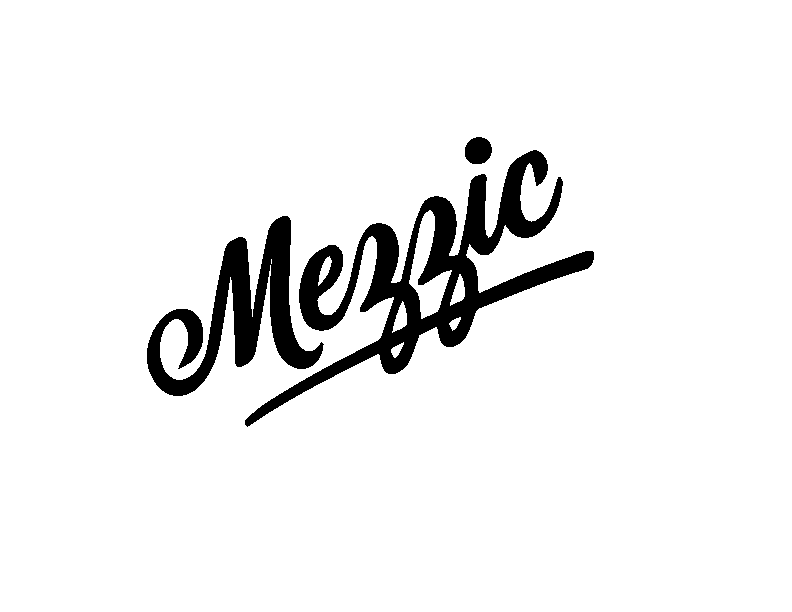
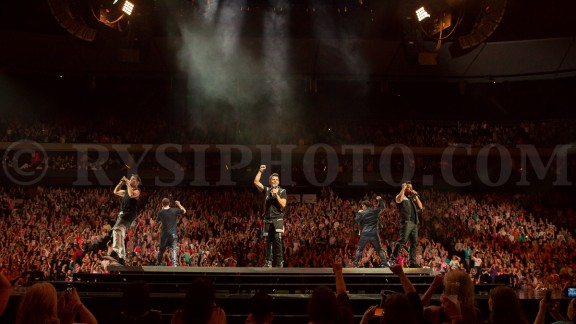
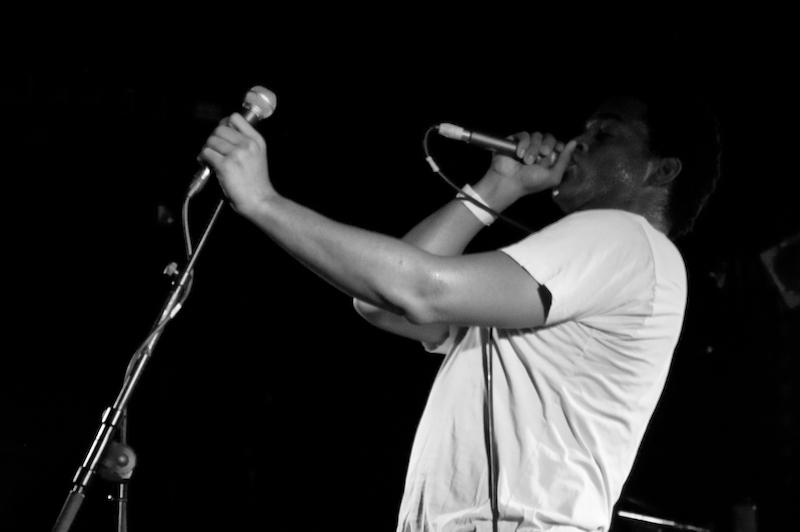
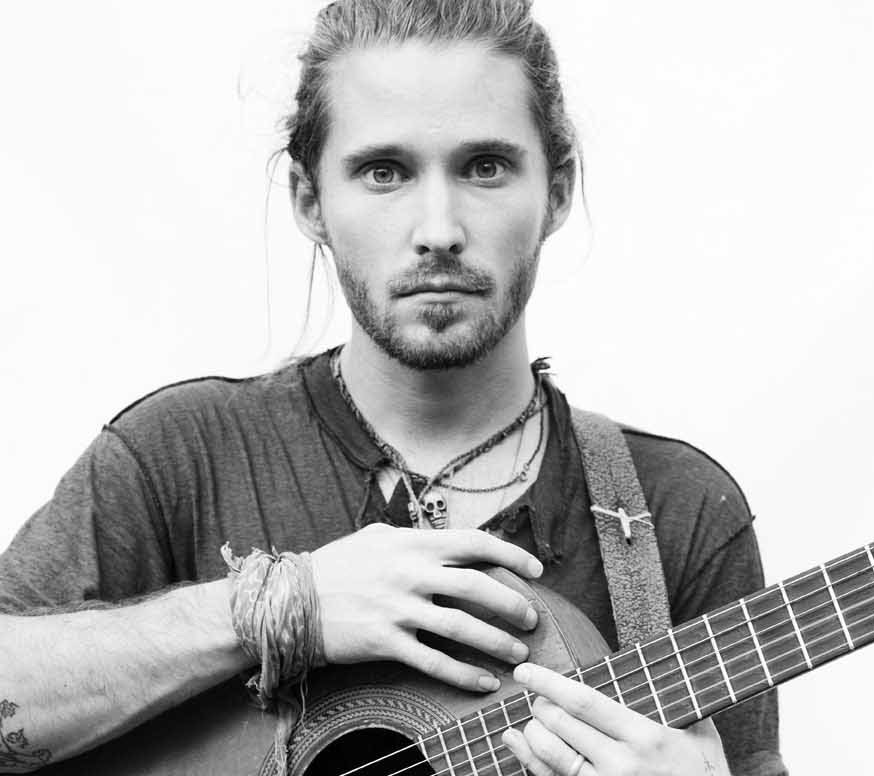
Post a comment